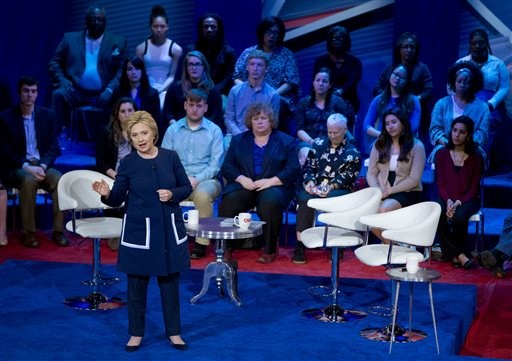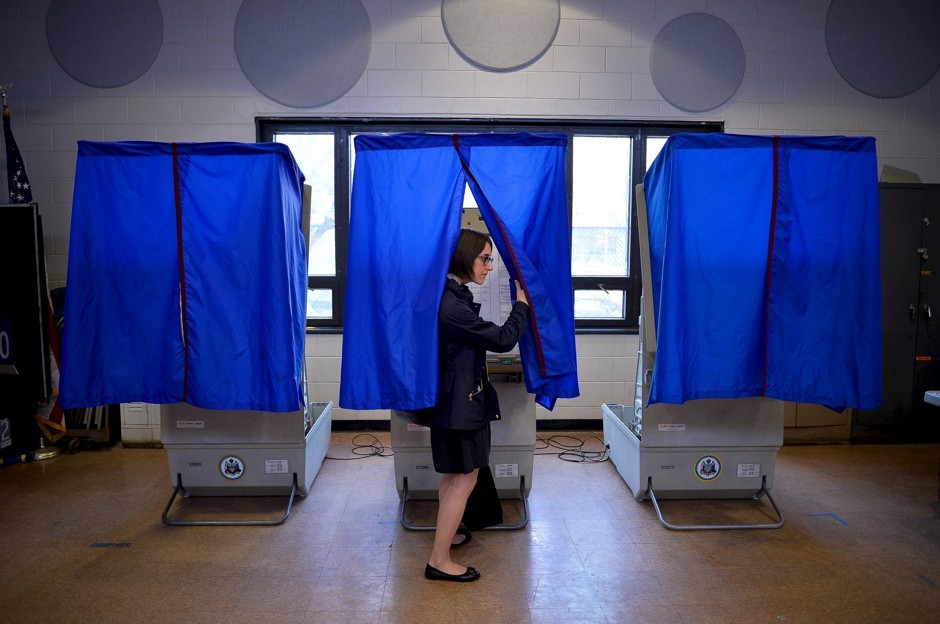It’s been a tough month for American Catholics.
Court documents released in mid-August revealed more than 1,000 allegations of sexual abuse and misconduct by hundreds of priests in Pennsylvania over the last seven decades. Given the length of time that has passed, new criminal charges are unlikely for most of the allegations, and the alleged behavior ranges from inappropriately communicating with a minor to rape and sexual assault.
Additionally, Pope Francis has ordered an investigation into allegations of misconduct in West Virginia’s Wheeling-Charleston Diocese, upon Bishop Michael Bransfield’s resignation. Victims are also now sharing stories about former Cardinal Theodore McCarrick, a previous archbishop of Washington, D.C., who resigned in July due to allegations against him.
Victims and their advocates say the Pennsylvania report is only the tip of the iceberg, as there are likely thousands more victims of abuse who have never come forward or whose records are lost. Sadly, my own experience tells me that they are most likely right.
I was raised Catholic in Appalachian Ohio, in a small town of 10,000 called Ironton. Church is a centerpiece of life in my small hometown, an essential aspect of one’s identity. I attended Catholic schools from kindergarten until graduation. I saw the celebrity-like status that priests often enjoy among their parishioners. If the rest of Catholic America is anything like my hometown, it’s an atmosphere ripe for abuse.
I was lucky, though. I was active in the church growing up and got to know my pastor through my childhood and teenage years fairly well. There were never any rumors or accusations against him or any evidence of inappropriate behavior, as far as I know. As an altar server from ages 10 to 18 and Eucharistic minister from ages 17 to 20, I spent a lot of time alone with him and in the presence of other young boys and girls—and he never so much as looked at us inappropriately.
But he still commanded an unhealthy position, socially. It was a very conservative town, county and region of the country. It’s what is now condescendingly referred to as “Trump country.”
Religion—almost exclusively Christianity—is the tie that binds the community together. I didn’t meet any non-Christians until I attended a college in southern West Virginia, and even then it was only a handful. Very few dared to criticize their church or its dogma. To ask questions was to risk scorn and ridicule.
Because of this, people clamored for the attention and company of our pastor. He got invited to far more parties than he had time to attend. If he did show up, his presence was almost like a status symbol, even if you didn’t know him that well. It was a really big deal for both teachers and students when he would visit a class in the schools. Everyone wanted to sit next to him at sporting events.
There were several families of which he was considered a de facto member. Parishioners would feel slighted that he seemed to prefer their company more than others. When he broke the news that he was being transferred to another parish after 30 years, many acted as if he had announced he only had a month to live.
You can see how someone with less integrity or malicious intent could exploit this kind of atmosphere. Combine this with a destructive culture of machismo where even the slightest intimate contact (wanted or unwanted) with someone of the same sex would be a source of shame for young boys, and you’re left with a set of perverse incentives that discourages speaking up about abuse or inappropriate behavior. Throughout my adolescence, calling someone gay was one of the worst insults you could throw at them. Questions about sexuality could be a source of severe shame.
My father, who attended the same high school that I did only three decades prior, tells a story of showering after gym class, when one of the parish priests, now long-dead, unexpectedly jumped in the shower with him. Though they were alone, the priest (who was also the gym teacher) did not touch him, but he made my father feel leery and uncomfortable. Dad quickly got out of the shower.
I think it’s reasonable to assume the priest was there to do more than simply wash himself off. Yet my father never raised this issue with the school’s administration, the parish, or even his parents. Given the circumstances, the likelihood of them believing him was probably low. It’s impossible to know how many other stories there are like this that no one ever talked about, or ever will.
There most certainly are other communities in the U.S. and around the world with similar dynamics to my hometown. As a result, there are likely thousands of other stories of abuse that were buried, intentionally and not. The revelations in Pennsylvania will not be the last skeletons found in the Church’s closet.
Jerrod A. Laber is a DC-based writer and journalist, and a contributor for Young Voices. He grew up in southeastern Ohio and is an alumnus of Marshall University. His work has appeared in The National Interest, the Columbus Dispatch, and the Washington Examiner, among others. Follow him on Twitter @JerrodALaber.



